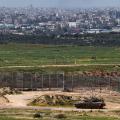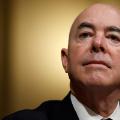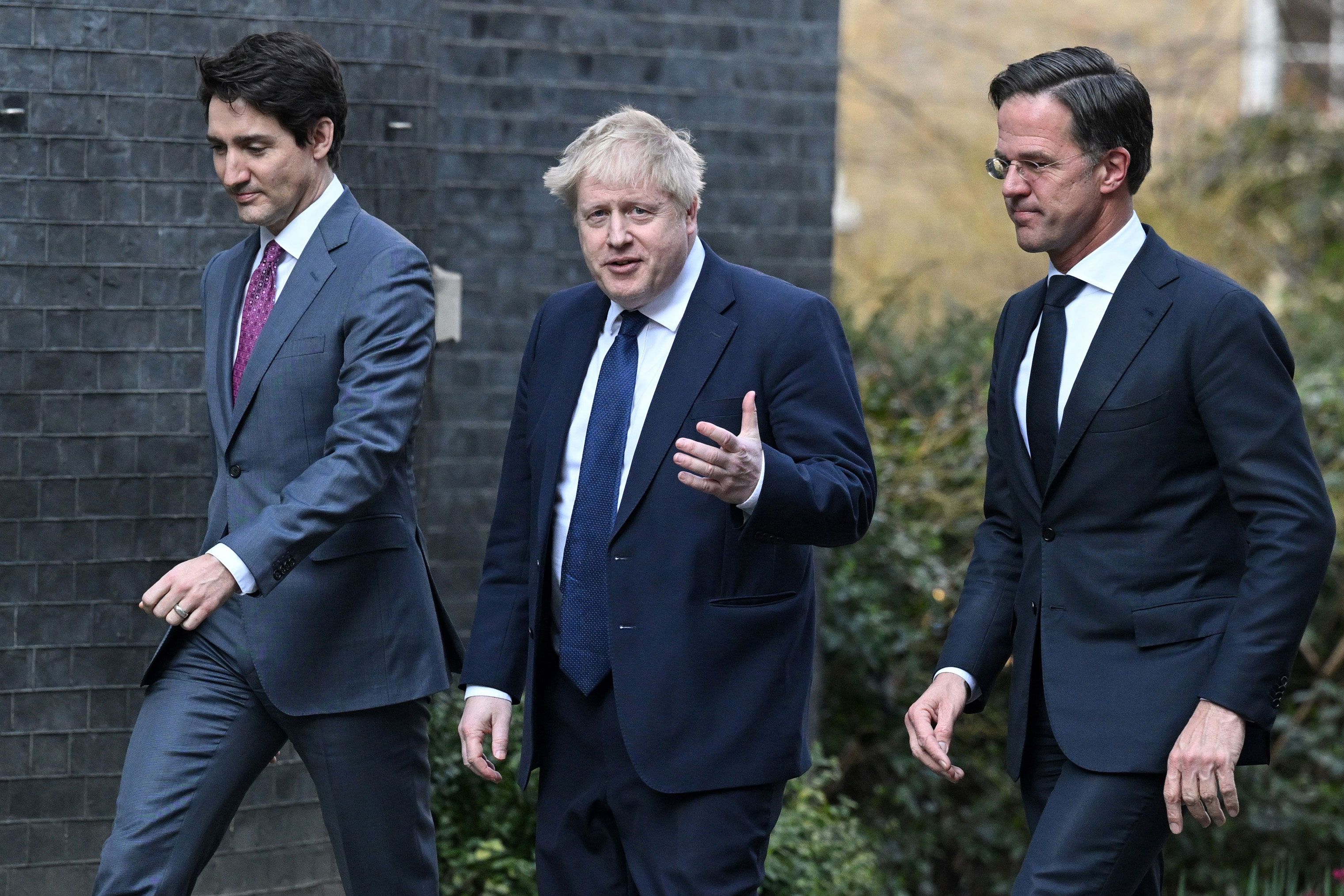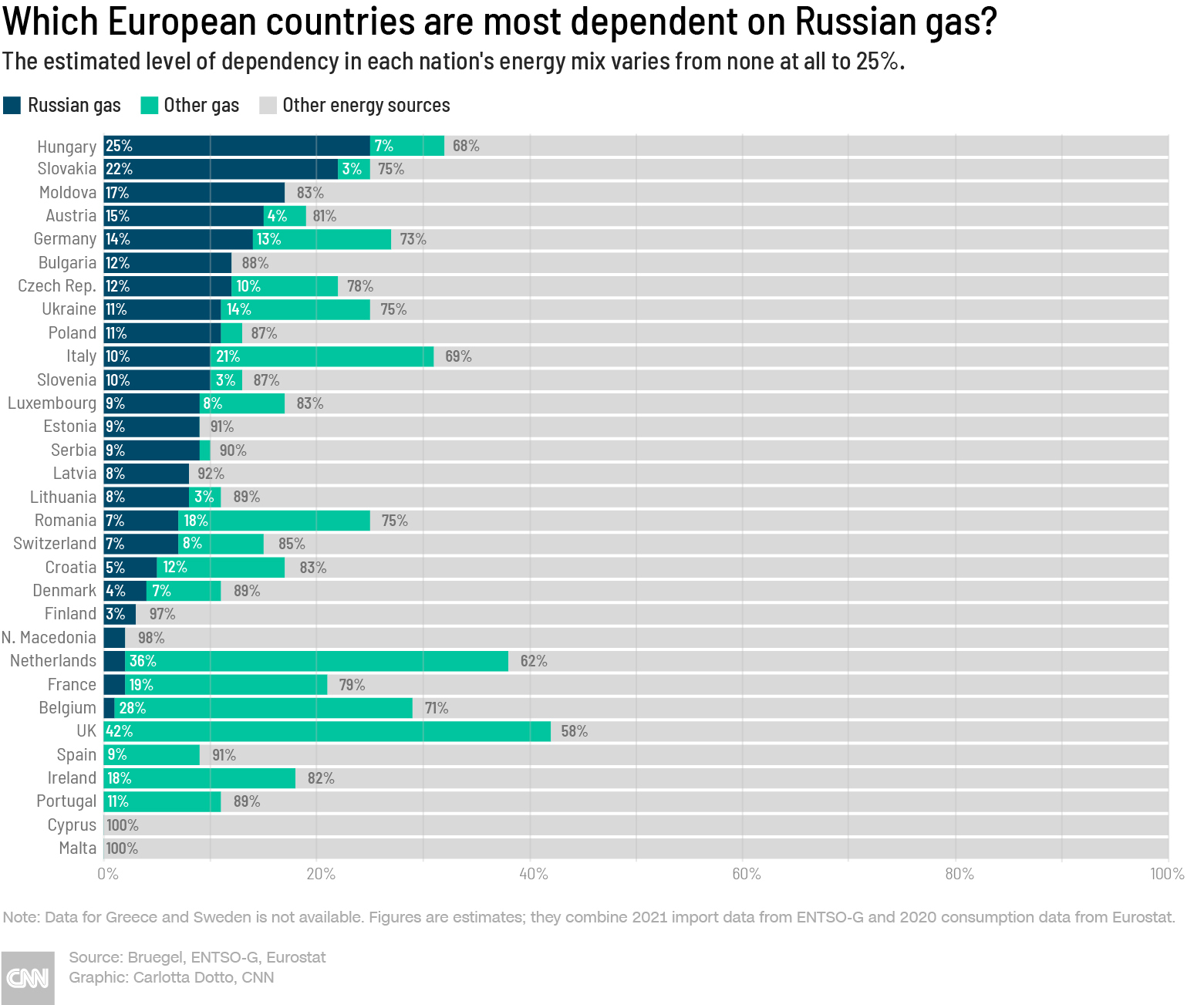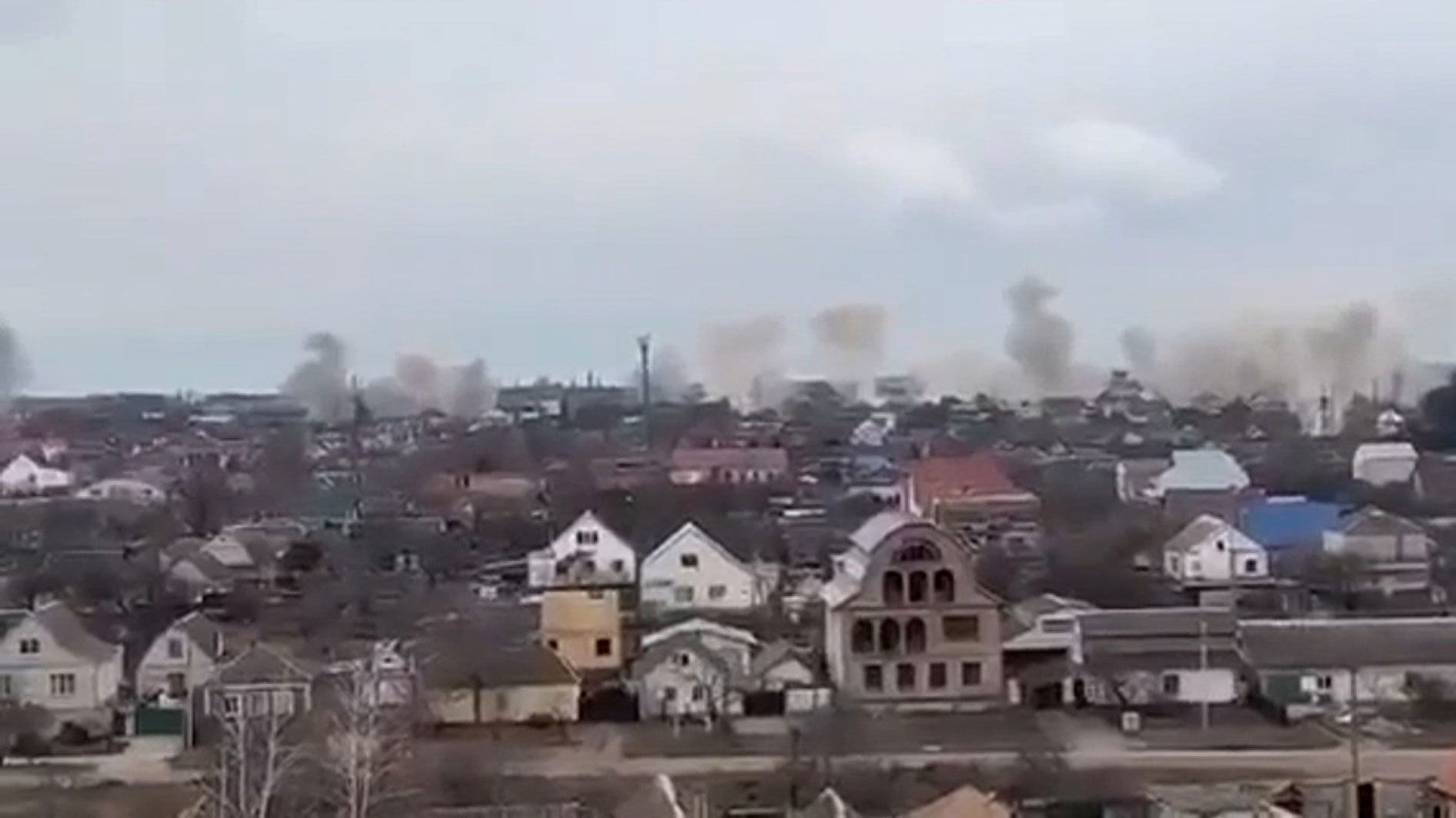Hungary has offered foreign students whose studies were disrupted as Russia invades Ukraine an opportunity to continue their education at Hungarian universities, authorities have said.
“Hungary is offering foreign students who escaped #UkraineRussianWar (India, Nigeria, other African countries) to continue their studies at Hungarian universities,” tweeted Dr. Attila Demkó, the head of Hungary’s Centre for Geopolitics.
“All third-country refugees (mostly Africans) were accepted without problems and repatriated if they wished so,” Demkó added in his Sunday tweet.
Some Nigerian evacuees from Ukraine have said they are relieved to be back home even though they anticipate a return to the eastern European country currently repelling Russian troops.
“I’m glad I’m safe but I’m sad that my education was cut short,” said 27-year-old Oru Dominic Gabriel, who was one of many Nigerians evacuated from Romania on Friday, where they had fled to escape the war in Ukraine.
More than 400 Nigerian citizens fleeing the war in Ukraine were flown home over the weekend in chartered flights provided by the Nigerian government, according to the government agency Nigerians in Diaspora Commission (NIDCOM).
The first batch of returnees arrived in the capital Abuja early Friday from Romania, according to NIDCOM. The second batch of evacuees arrived from Poland later Friday, while the third batch landed in Abuja close to midnight Friday from Hungary, NIDCOM said in a series of tweets.
The returnees were handed a stipend of $100 by the foreign ministry officials upon arrival in Abuja, Gabriel told CNN on Monday. He was in the final year of his medical studies at Ukraine’s Ternopil National Medical University.
He told CNN about his intention to return to the war-torn country.
“I’d go back [to Ukraine] to complete my education. I was just two months away from completing my classes. Ukraine is home to me,” Gabriel said.
Adetomiwa Adeniyi, another returnee and final year medical student at the Ternopil University, told CNN that returning to Ukraine was the hope of many returnees.
“To most of us, Ukraine is our home,” Adeniyi, 24, told CNN.
However, he is considering study opportunities elsewhere given the uncertainty of the war in Ukraine.
“I’m still looking at transfer alternatives both home and abroad. I had just four months left to complete my studies and finding somewhere with the same tuition bracket [as Ukraine] is almost impossible. Even private universities here [in Nigeria] are more expensive,” Adeniyi said. “War is always protracted, not to talk of the fallout period for rebuilding … So, it’s a whole basket of uncertainty, but at least we’re alive.”
Hundreds of international students, many of them Nigerians, remain trapped in their hostels in Sumy, in northeast Ukraine, surrounded by Russian troops and amid explosions and gunfire.
Nigeria’s foreign minister Geoffrey Onyeama told CNN on Thursday that his office was aware of the plight of the stranded students, and that arrangements were being made for their evacuation.
